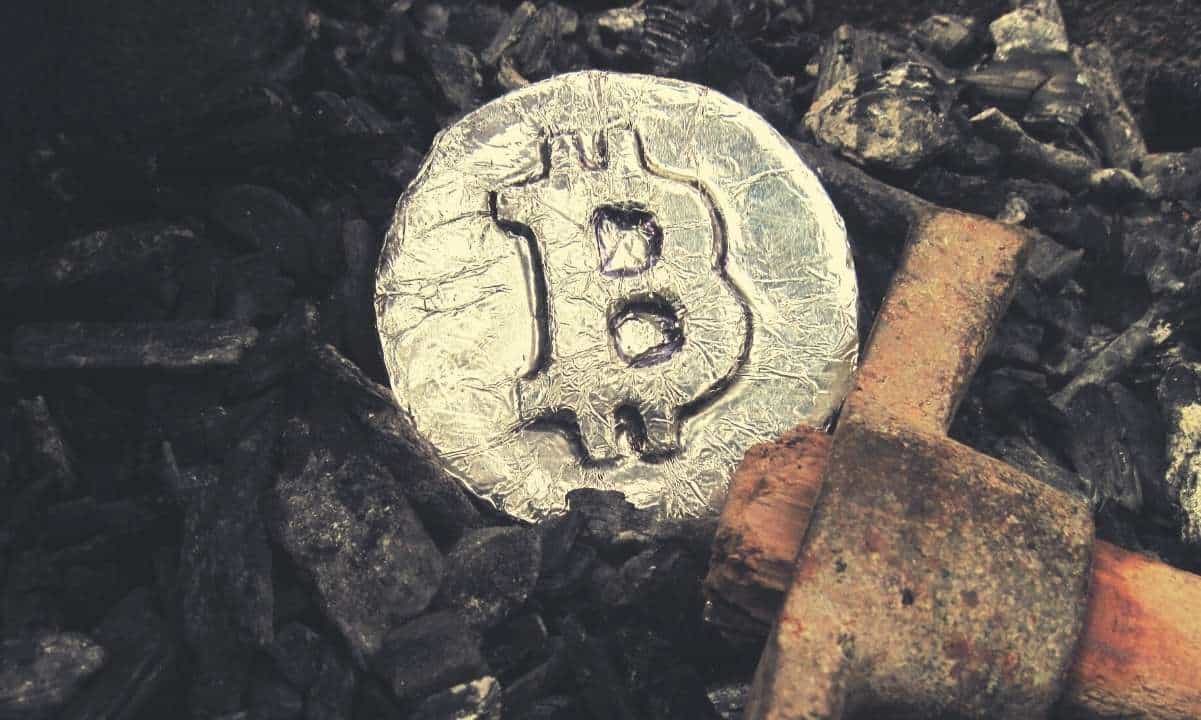

While the Bitcoin market remained relatively stable in the latter part of Q3 as discussions about spot ETFs subsided, the hash rate exhibited consistent growth throughout the quarter. It recently reached a fresh milestone, surging from 250 EH/s at the start of 2023 to more than 400 EH/s this month.
Bitcoin mining difficulty is also showing no signs of stopping as it set a new all-time high of 57.11 T. While hash price conditions remain challenging, the new Coin Metrics report suggests that “savvy” Bitcoin miners continue to add operational hash rate. In fact, the mining landscape in 2024 is set to get more complicated.
Complexity of the Mining Landscape in 2024
As the next halving event approaches within a year, miners in the United States are ramping up their production efforts. They are simultaneously managing their mining fleets in anticipation of the upcoming reduction in block rewards in the spring.
This trend towards greater efficiency across the network is evident in the data, particularly when examining the average network-wide efficiency, which continues to improve, according to Coin Metrics’ latest edition of ‘State of the Network.’
In fact, American miners are increasingly deploying modern machinery, contributing to the ongoing enhancement of overall network efficiency.
The stakes for the mining industry will be elevated even further in the upcoming year with the anticipated launch of the state-of-the-art Antimer S21. Its manufacturer, Bitmain, has recently announced that the S21 is slated to commence shipping in the first and second quarters of 2024.
The introduction of this significantly more powerful mining machine will add a new layer of complexity to the mining landscape in 2024, the report stated.
Centralization Risks
Even as such a trend paints a bullish picture for the Bitcoin network, this “maturation” of the mining industry has implications elsewhere, though.
The crypto intelligence firms reported that the concentration of hash rate in the hands of a few massive mining pools remains a major concern for the community.
According to its data, Foundry and Antpool have collectively controlled north of 50% of Bitcoin’s hash rate since January 2023. Such dominance poses an “ever-greater centralization risk.”
Although Foundry’s dominance has slightly diminished from its peak of 34% in February to 29%, Antpool is steadily advancing, increasing its share by 5% during the same period, now reaching 23%.
Meanwhile, F2Pool, the third-largest mining pool with a 13% share, has also prompted a fresh wave of scrutiny in terms of the role of mining pools and their impact on transaction settlement. In short, the lack of transparency regarding policies and procedures is fueling a growing sense of distrust towards mining pools.
Binance Free $100 (Exclusive): Use this link to register and receive $100 free and 10% off fees on Binance Futures first month (terms).
PrimeXBT Special Offer: Use this link to register & enter CRYPTOPOTATO50 code to receive up to $7,000 on your deposits.
The post appeared first on CryptoPotato






